Only 33% Diagnoses Of Health Checker Apps Are Accurate, Don't Trust Them!
Dhir Acharya - May 19, 2020
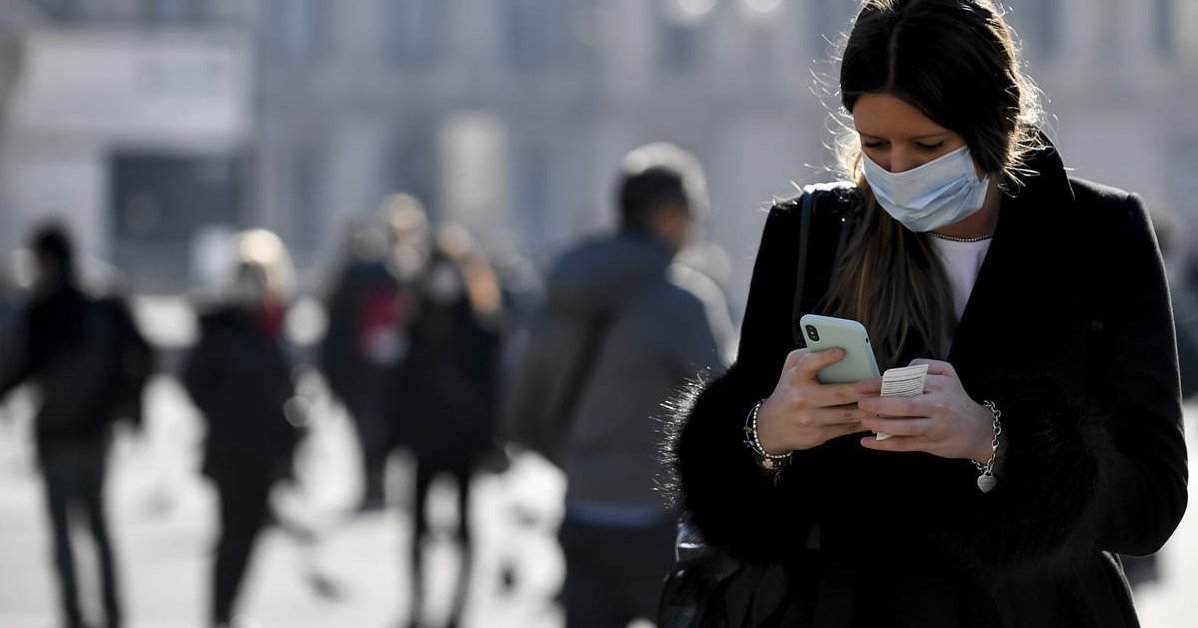
According to a new study by scientists in Australia, symptom checker apps diagnose a person’s illness correctly only 33% of the time.
- Guide to Sharing Your Contact Card via the mAadhaar App
- Looking For An iTunes Alternative? Check Out These 10 Apps
- These Photo Editing Apps Will Make Your Picture Perfect
Many of you may have been using the internet in diagnosing your health concern, but that’s not really effective. According to a new study by scientists in Australia, symptom checker apps diagnose a person’s illness correctly only 33% of the time. The study involves testing 27 symptom checker apps. On the other hand, apps that tell a person if they need urgent medical care performed better.
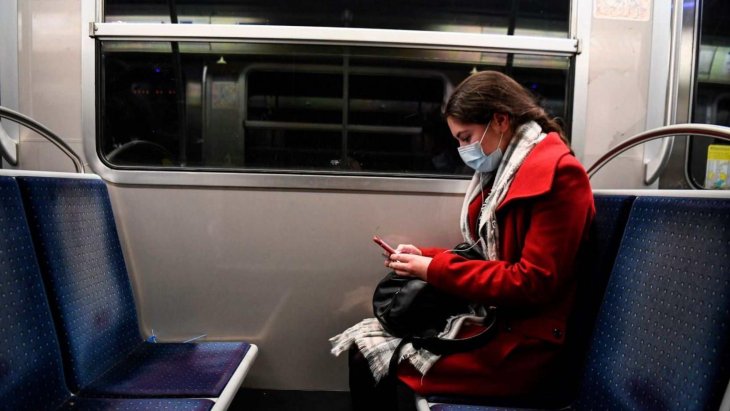
The researchers tested popular free symptom checker apps from around the world, including WebMD, Mayo Clinic, and Drugs.com. While many of these apps are available on the Google Play Store and the App Store, others are spotted on hospitals and medical centers’ websites, even Johns Hopkins. Some of them also tell users if and how much medical attention they need based on their symptoms.
In their testing, the authors ran the apps through 48 different vignettes of patients, 30 of those were used for a previous study of symptom checkers back in 2015. The illnesses in the stories vary from life-threatening to short-lasting or easy-to-treat. They conducted over 1,000 individual tests of these apps to see whether they had the right diagnosis and more than 600 tests to see if the apps urged the correct level of triage care.
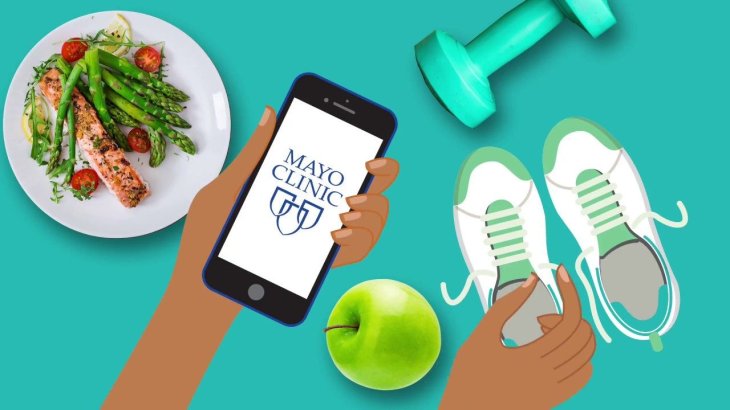
On average, the apps had the correct diagnosis as the first possible option 36% of the time. The rate is higher, at 52%, regarding the top three choices. But when expanding to the 10 most possible options, the rate could only go up to 58%. None of the apps did considerably better than the others while some performed much worse. On average, the accuracy of these symptom checker apps was between 12% and 61%.
The 2015 study found that these apps weren’t really accurate either, with an average accuracy rate of 34%. It seems that their accuracy hasn’t been improved much over the years. Michella Hill, the lead author of the study, said:
“While it may be tempting to use these tools to find out what may be causing your symptoms, most of the time they are unreliable at best and can be dangerous at worst.”
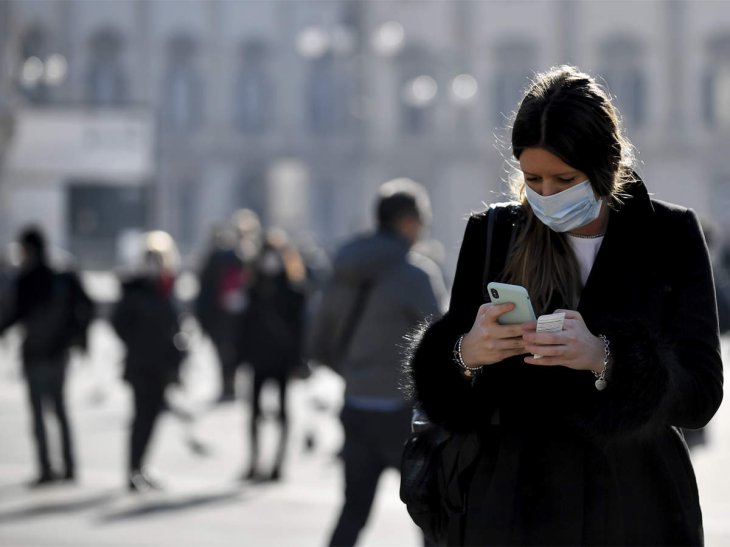
However, there’s some useful information from the study too. It appears that AI-powered apps performed better, but not exceeding 50%. Also, apps with triage advice worked better at that function, from 44% to 54%. The accuracy was higher in terms of conditions that required emergency (63%) or urgent care (56%).
As the COVID-19 pandemic is still making the world miserable, symptom checker apps have arisen as a tool for diagnosing at home. However, they are not that accurate, not you’d better be careful.
>>> Bangalore-Based Engineer Hacked Aarogya Setu App To Appear Safe At All Times
Featured Stories

Features - Jan 29, 2026
Permanently Deleting Your Instagram Account: A Complete Step-by-Step Tutorial

Features - Jul 01, 2025
What Are The Fastest Passenger Vehicles Ever Created?

Features - Jun 25, 2025
Japan Hydrogen Breakthrough: Scientists Crack the Clean Energy Code with...

ICT News - Jun 25, 2025
AI Intimidation Tactics: CEOs Turn Flawed Technology Into Employee Fear Machine

Review - Jun 25, 2025
Windows 11 Problems: Is Microsoft's "Best" OS Actually Getting Worse?

Features - Jun 22, 2025
Telegram Founder Pavel Durov Plans to Split $14 Billion Fortune Among 106 Children

ICT News - Jun 22, 2025
Neuralink Telepathy Chip Enables Quadriplegic Rob Greiner to Control Games with...

Features - Jun 21, 2025
This Over $100 Bottle Has Nothing But Fresh Air Inside

Features - Jun 18, 2025
Best Mobile VPN Apps for Gaming 2025: Complete Guide

Features - Jun 18, 2025
A Math Formula Tells Us How Long Everything Will Live
Read more
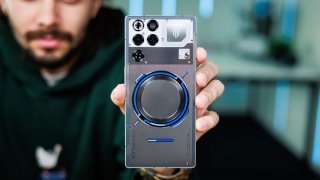
Mobile- Feb 12, 2026
What is the Most Powerful Gaming Phone Currently?
The Nubia Red Magic 11 Pro is the undisputed most powerful gaming phone right now, blending record-breaking benchmarks, unbeatable cooling, and gamer-centric design for peak performance that lasts.

Mobile- Feb 14, 2026
Android 17 Beta 1 Now Available for Pixel Devices
While Android 17 Beta 1 doesn't introduce flashy consumer-facing changes yet, it lays the groundwork for a more robust and flexible platform.

ICT News- Feb 13, 2026
Elon Musk Pivots: SpaceX Prioritizes Lunar Metropolis Over Martian Colony
While Mars enthusiasts may feel a temporary setback, the lunar focus could ultimately fortify humanity's multi-planetary future.
Comments
Sort by Newest | Popular